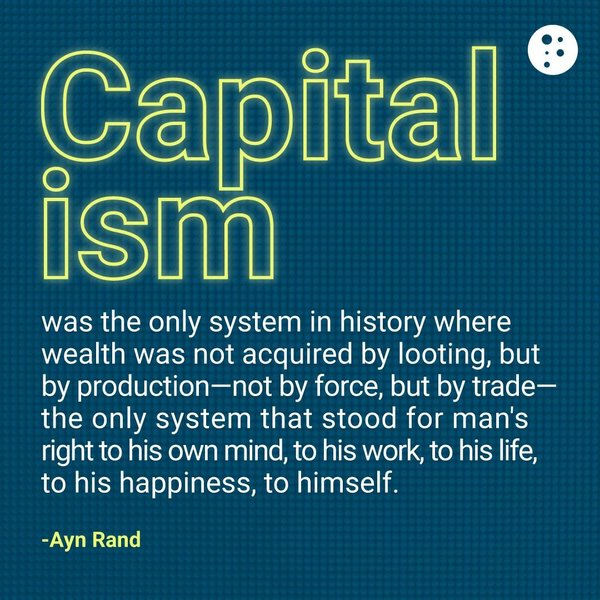Sublime
An inspiration engine for ideas
Contemporary Perspectives on C.S. Lewis' 'The Abolition of Man': History, Philosophy, Education, and Science
amazon.com

Arendt upset many of her Jewish compatriots when she reported that the Eichmann she saw in the dock was not the depraved monster many had made him out to be. She experienced him, rather, as ‘terribly and terrifyingly normal’.[188] She was struck by how this perpetrator of horrendous crimes against humanity was in fact just a man, and a fairly
... See moreWarren Ward • Lovers of Philosophy: How the Intimate Lives of Seven Philosophers Shaped Modern Thought
The narrative of Free America remained as inflexible as any ideology: tax cuts and deregulation = freedom and prosperity. Decade after decade you encountered its mantra, like the rituals of a cargo cult, on the website of the Cato Institute, the editorial page of The Wall Street Journal, broadcasts of The Rush Limbaugh Show, and the platform of the
... See moreGeorge Packer • Last Best Hope: America in Crisis and Renewal
“Even if a group of people can agree on how to treat people in the moment, consensus can change at any moment. Today’s virtues can become tomorrow’s vices. Like a sand castle, the tenets of morality can be destroyed by the tide of public opinion.” — David Pernell
On the Genealogy of Morals (1887), Nietzsche argues that morality is determined not by objective truths but by the interests of the moralizer.
David Shields • How We Got Here: Melville Plus Nietzsche Divided by the Square Root of (Allan) Bloom Times Žižek (Squared) Equals Bannon
Plato said those who tell the stories rule society and he was right.
W. Brian Arthur • Complexity Economics: Proceedings of the Santa Fe Institute's 2019 Fall Symposium
Over the entrance, a dedication was cut into the marble: "To the fearless mind. To the inviolate truth." In a quiet aisle, in a bare corridor, a small brass plate, such as dozens of other name plates on other doors, said: Dr. Robert Stadler.
